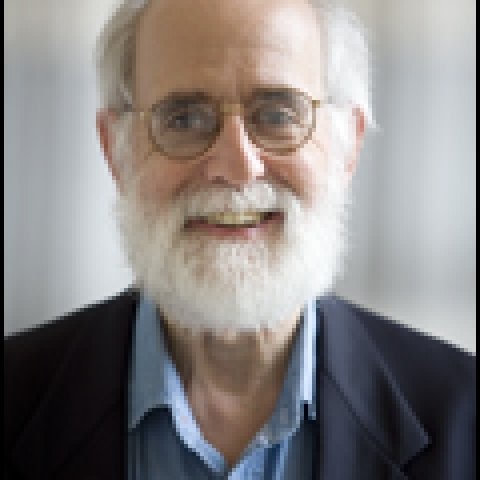Jerome Karabel
Former Fellow
Professional Affiliation
Professor of Sociology, University of California at Berkeley
Expert Bio
Over the course of my academic career, I have had a consistent interest in fundamental issues of stability and change in advanced societies. My focus on the role of the educational system in legitimating the social order, the role of the university in distributing privilege; the growing importance of stratification within the system of higher education, and the politics of educational change. I am particularly interested in the role of "meritocracy" as a dominant belief system in the U.S., one that legitimates the existing social order. I have pursued these themes throughout my work on higher education, starting with a series of journal articles in the 1970's through The Diverted Dream: Community Colleges and the Promise of Educational Opportunity in America and culminating in The Chosen: The Hidden History of Admission and Exclusion at Harvard, Yale, and Princeton (which received the 2007 Distinguished Scholarly Book Award of the American Sociological Association).Alongside this interest in education, I have had a long-standing interest in American exceptionalism – of the causes and consequences of the distinctive social, economic and political features of the United States. My first treatment of this topic dealt with one particular aspect of the issue: why the United States, alone among the advanced capitalist societies, never developed a mass socialist movement. This led to the publication of an essay, "The Failure of American Socialism Reconsidered," which was translated into French, German, and Spanish. (A shorter version of the essay was published in The New York Review of Books.) I returned to the issue in The Diverted Dream, and published a related article, "American Education, Meritocratic Ideology, and the Legitimation of Inequality: The Community College and the Problem of American Exceptionalism," which analyzed the unique American system of higher education both as a reflection and reinforcement of a distinctive social order.My preoccupation with the topic has never abated, and after the publication of The Chosen, I returned to the issue of how the United States is similar to and different from other advanced societies, albeit this time with a broader and more contemporary focus. In my current project, I am particularly concerned with both the positive and negative consequences of American exceptionalism. I have become especially interested in the important emergent field of studies on "subjective well-being," an area now dominated by psychologists and economists, but ripe for exploration by sociologists. I also plan to draw upon a growing body of social scientific literature that attempts to measure "quality of life" as well as a somewhat better developed literature on social indicators.My research will culminate in the publication of a book, now tentatively titled The America Way: How the United States is Different and Why It Matters. As with my latest book, The Chosen, I hope to produce a work that, while grounded in rigorous interdisciplinary scholarship, will appeal to a general as well as an academic audience. One of its central goals is to produce a work that will assess, on the basis of systematic empirical evidence, how we are doing as a society in key domains of public policy. But my deepest hope is that, like some of the works of Seymour Martin Lipset (who was one of my mentors in graduate school and whose imprint on this project is obvious), it will be a book that will shed new light on the deeper character of the United States for readers both here and abroad.
Education
B.A. (Sociology) 1972, Harvard University; Ph.D. (Sociology) 1977, Harvard University
Experience
Professor, Department of Sociology, University of California, Berkeley, 1993-Present; Co-Director, Berkeley Project on Equal Opportunity, 1996-2004; Assistant to Associate Professor, Department of Sociology, University of California, Berkeley, 1984-1993; Senior Research Associate and Principal Investigator, Huron Institute, Cambridge, Massachusetts, 1977-1984
Expertise
U.S. Politics; Education
Wilson Center Project
"The American Way: How the United States is Different and Why it Matters"
Project Summary
This project will address, from a comparative and historical perspective, three broad questions about the United States: the extent to which its social order fundamentally differs from those of other wealthy democracies, the historical roots of these differences, and the domestic and global consequences of these differences. While embedded in long-standing interdisciplinary debate about "American exceptionalism," the project is also centrally concerned with issues of societal health and quality of life, and will examine the ways in which what is exceptional about the United States contributes to – and detracts from – the well being of its inhabitants.
Major Publications
- The Chosen: The Hidden History of Admission and Exclusion at Harvard, Yale, and Princeton. Boston: Houghton Mifflin, 2005.
- "Towards a Theory of Intellectuals and Politics," Theory and Society 25, no. 2 (April 1996): 205-233.
- The Diverted Dream: Community Colleges and the Promise of Educational Opportunity in America, 1900-1985 (with Steven Brint). New York: Oxford University Press, 1989.
